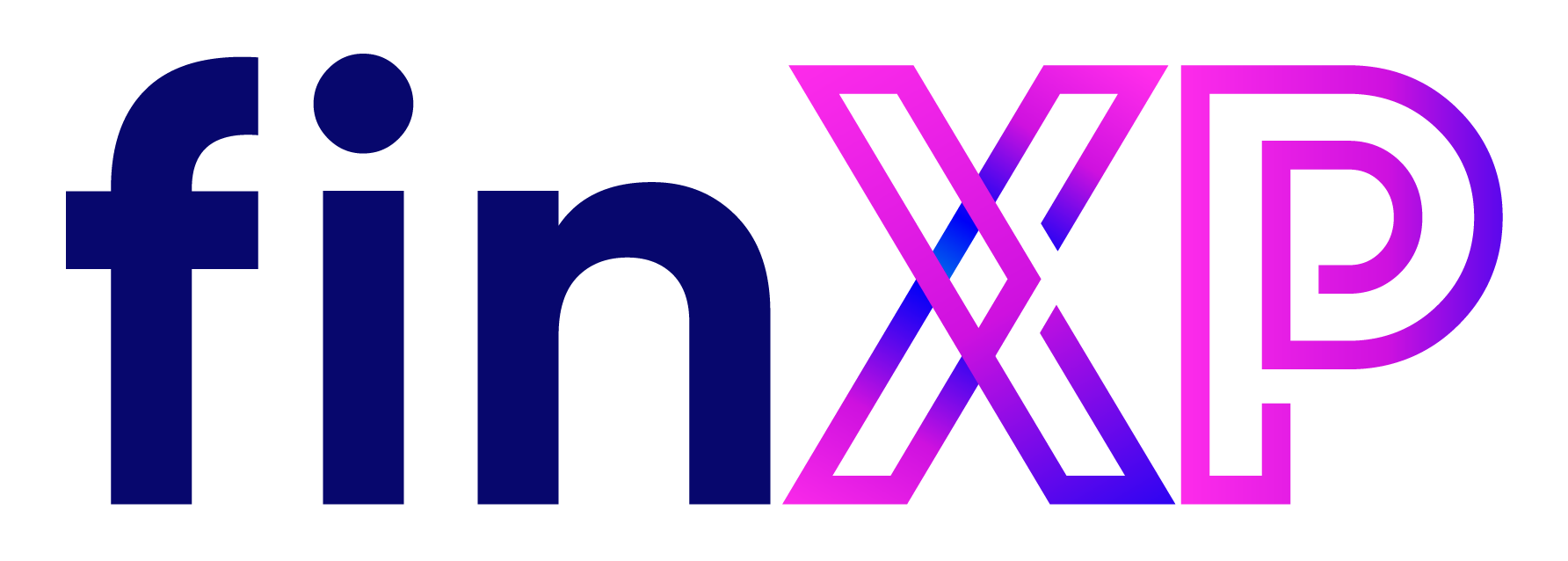One of the biggest issues in financial services is fraud. Neobanks have faced particular scrutiny over their compliance systems – and fraudsters are only getting more sophisticated.
With this in mind, choosing the right fintech partner can be an overwhelming process for startups with disastrous consequences if trust is misplaced. And due to the number of fintechs that have launched over the past five years, it’s not always easy to distinguish who is dependable.
“Finding your fintech partner is a critical decision that can significantly impact the future of a company,” says Jens Podewski, cofounder and CEO at FinXP, a European payments and banking solutions provider which was founded 10 years ago and offers corporate payment accounts. “The approach should be thorough, strategic and aligned with your business goals.”
Here’s what startups should look for in a trustworthy and reliable fintech.
Preparing to partner
Before making a choice on which fintech to partner with, Podewski advises you to define the objectives and needs of a new partnership. After that, you can quickly research potential partners, conduct due diligence on those of interest and network at industry events to get a feel for different companies.
“Evaluating compatibility is very important, as well as financial stability, reputation and assessing the synergies,” says Podewski. “Confirm that their strategic direction aligns with your own business objectives because if you are completely different, working together could prove difficult in the future.”
A strong European licence is desirable as it shows that a business is meeting certain standards.
When doing due diligence, Jolanta Narmontaite, group CEO at consulting firm Merchant Connect Incorporations, says you need to find out if a business knows how to keep your accounts safe.
“Ideally, a fintech company will have an established record of helping its customers and partners and a good reputation in the market,” she says. “The reputation of the licensing authority is also something to consider – a strong European licence is desirable as it shows that a business is meeting certain standards.”
FinXP, as an example, is licensed by the Malta Financial Services Authority. This ensures that it adheres to strict regulatory requirements and operates under high compliance standards with major EU regulations such as the Payment Services Directive 2, Anti-Money Laundering Directive 6, Electronic Money Directive 2, GDPR and others. The company was founded 10 years ago, making it well established in the market, and is partnered with Mastercard, which is an additional stamp of approval.
Narmontaite adds that due diligence also involves looking at the experience and the reputation of the owners of the fintech and prominent board members.
“Seek out established businesses with good, stable banking connections and a proactive board,” she says. “Knowing that the partners are actively involved in the business should be an indicator that this is a fintech company that is hungry to improve and grow.”
Knowing who to trust
Trusting an external business with your financial services is a huge step for startups who, until taking the step to find a partner, usually have operated in-house for such crucial tasks. What are the signs that a fintech can be trusted?
The fintech company should have transparent policies. What kind of security measures and data protections are in place?
Narmontaite says a lack of regulatory capital, expertise and technological frailties should all be red flags to any business looking for a new partner – a view which is shared by Podewski.
“[You should] verify that the fintech company is licensed by a relevant financial authority and shows adherence to regulations and check compliance,” Podewski says, adding that you can do this by looking at a simple financial audit.
“The fintech company should have transparent policies,” he says. “What kind of security measures and data protections are in place? Do they have a robust security protocol, for instance, and do they have a data protection policy?”
Ensuring that a fintech company has robust systems to detect and prevent fraud is essential.
Marc Conway, managing director at payments consultancy 7 Seas Consulting, emphasises the importance of research into fraud prevention capabilities as part of the early phase – which is particularly significant as scams continue to evolve in sophistication.
“Ensuring that a fintech company has robust systems to detect and prevent fraud is essential,” says Conway. “This includes internal and external safeguards to protect against sophisticated fraud schemes.”
He points to FinXP as an example. “FinXP employs robust fraud detection and prevention systems, and their compliance team continuously monitors transactions and employs AI-driven tools to detect suspicious activities,” he says.
How a fintech communicates with its clients is also a key consideration. Do you always want to speak with a human if you have an issue, or are you happy to troubleshoot with an AI-powered chatbot? Such considerations before entering a partnership will help avoid tricky situations later down the line.
A quick checklist
While choosing a fintech to partner with will never be easy, follow the steps from our experts and your company should be on the way to finding a trustworthy and reliable fintech to work with:
- Define the objectives and needs of a new partnership.
- Look at the potential partner’s reputation in the market. Does the fintech have a track record of helping customers and partners?
- Check whether the potential partner has a European licence.
- Research the owners and board members of the potential partner. Is the board actively involved in the business?
- Conduct a simple financial audit. Are there any obvious red flags? A lack of capital or infrastructure?
- Find out what kind of security measures and data protections are in place. Do they have a robust security protocol and do they have a data protection policy?
- Lastly, discover how the potential partner communicates with clients. Do they have people on hand or would you prefer an AI chatbot?
“Evaluating a potential fintech partner involves a thorough assessment of the regulatory compliance, transparency, security measures, financial stability and market reputation,” concludes Podewski.
“By focusing on these key things, businesses can ensure they choose the fintech partner that is reliable, secure and aligned with their strategic goals.”
If you are looking for an established and licensed European fintech to help with your payment and banking challenges, reach out to FinXP via its website. You can also subscribe to its monthly newsletter with fintech industry insights and company updates.





